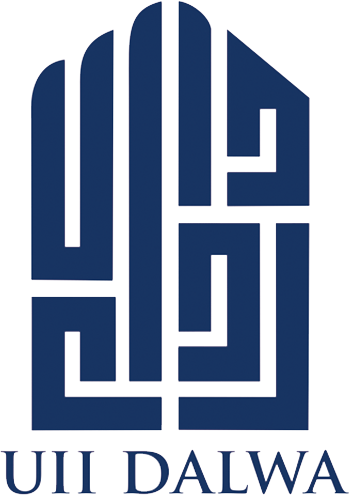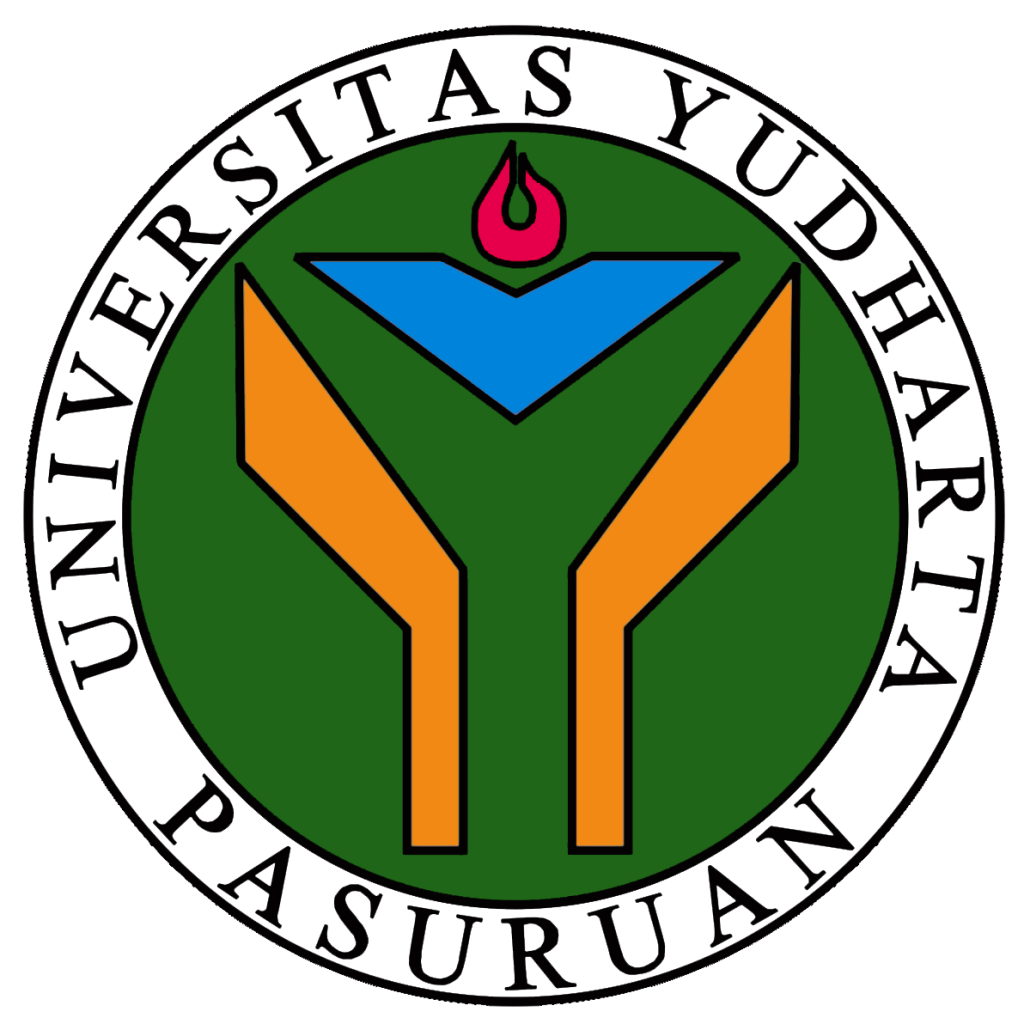Fundamentalism Revised: A Conceptual Critique of Secularism and Religious Pluralism in the Public Sphere of Ambon Post-Conflict
Keywords:
Public Sphere, Secularism, Pluralism, Fundamentalism, Ambon Post-ConflictAbstract
One of the reasons for the development of religious studies was the emergence of religious absolutism through a number of terror attacks in the name of religion. Absolutism stigmatized as the main cause of global society falling into a medieval black hole. On the other hand, secularism and pluralism offer a learning process between secularists and religious people who are open and respectful of each other in the public sphere. Pluralism assumes the unification of religions as a solution to religious conflict, based on the claim of having a "unified source of truth." In fact, secularization hides the trap of secularism, which leads to nihilism. And pluralism is also unable to save religious adherents from relativism. Nihilism and relativism are extreme-left poles in the religious ideology dichotomy. However, efforts to reject secularism and pluralism can also lead to the extreme-right pole, namely absolutism and religious fundamentalism. The research results actually found that fundamentalism actually offers a new color in the market for religious ideologies. In Ambon, a fanatical and ethnocentric society is actually a "good image" of a religious person. By having all the prerequisites to be called fundamentalists, Ambon residents are actually able to avoid nihilism and religious relativism and are even able to survive in peace together between different religions in a dialogical public sphere.
References
Al-Attas, S. M. N. (2005). Islamic philosophy: An introduction. Journal of Islamic Philosophy, 1(1), 11–43.
Awang, J., Farid, M., Long, A. S., Ab Rahman, Z., & Mustapa, A.-M. (2018). Interreligius peace in multicultural society: A critique to the idea of peace multiculturalism. International Journal of Civil Engineering and Technology, 9(9).
Awang, J., Ramli, A. F., & Rahman, Z. A. (2021). Muslim views on other religions: With special reference to Buddhism. HTS Teologiese Studies/Theological Studies, 77(4), 6608.
Azra, A. (1996). Pergolakan politik Islam: Dari fundamentalisme, modernisme hingga post-modernisme. (No Title).
Casanova, J. (2011). Public religions in the modern world. University of Chicago press.
Cox, H. (2013). The secular city: Secularization and urbanization in theological perspective. Princeton University Press.
Esposito, J. L. (2001). Ensiklopedi Oxford Dunia Islam Modern. Penerbit Mizan.
Farid, M. (2016). Dialog dan Toleransi Beragama di Kota Ambon: Perspektif Bekas Pejuang Muslim Ambon. Dialog, 9.
Garaudy, R. (1993). Islam Fundamentalis dan Fundamentalis Lainnya. Bandung: Pustaka.
Griffin, D. R. (1989). God and religion in the postmodern world: essays in postmodern theology. suny Press.
Gunton, C. E. (1993). The one, the three and the many. Cambridge University Press.
Habermas, J. (2014). Religion and rationality: Essays on reason, God and modernity. John Wiley & Sons.
Hardiman, F. B. (2018). Demokrasi dan sentimentalitas: Dari “bangsa setan-setan”, radikalisme agama sampai post-sekularisme. PT Kanisius.
Hick, J. (2005). Religious Pluralisme and Islam. an article.
Hidayah, A., & Maghribi, H. M. (2022). From Modernism to Neo-Modernism: A Religio-Political Context of Muhammad Abduh and Fazlur Rahman. SHAHIH: Journal of Islamicate Multidisciplinary, 7(2), 109–124.
Hidayat, K. (2003). Agama masa depan: perspektif filsafat perennial. Gramedia Pustaka Utama.
Ibrahim, H. (2011). Dari kepelbagaian agama kepada pluralisme agama: sejarah perkembangan. Jurnal Ilmu Wahyu Dan Perbandingan Agama, Universitas Islam Antarbangsa Malaysia.
Kimball, C. (2011). When religion becomes lethal: The explosive mix of politics and religion in Judaism, Christianity, and Islam. John Wiley & Sons.
Küng, H., & Tracy, D. (1989). Paradigm change in theology. T & T Clark.
McGrath, A. E. (2016). Christian theology: An introduction. John Wiley & Sons.
Panikkar, R., & Panikkar, R. (1999). The intrareligious dialogue. Paulist Press.
Rahman, F. (1970). Islamic modernism: Its scope, method and alternatives. International Journal of Middle East Studies, 1(4), 317–333.
Rahner, K. (1972). Anonymous and explicit faith. Theological Investigations, 16, 52–59.
Schutz, A. (1972). The phenomenology of the social world. Northwestern university press.
Suseno, F. M., & Magnis, F. (2001). Pluralisme Agama, Dialog, dan Konflik di Indonesia. The Pluralisme, Konflik, Dan Pendidikan Agama Di Indonesia. Yogyakarta: Interfidei, 71–72.
Swatos Jr, W. H., & Christiano, K. J. (1999). Introduction—Secularization theory: The course of a concept. Sociology of Religion, 60(3), 209–228.
Tracy, D. (1977). Revisionist practical theology and the meaning of public discourse. Pastoral Psychology, 26(2), 83–94.
Turner, B. S. (2010). Religion in a Post-secular Society. The New Blackwell Companion to the Sociology of Religion, 649–667.
Downloads
Published
Issue
Section
License
Copyright (c) 2024 Muhammad Farid

This work is licensed under a Creative Commons Attribution-ShareAlike 4.0 International License.



